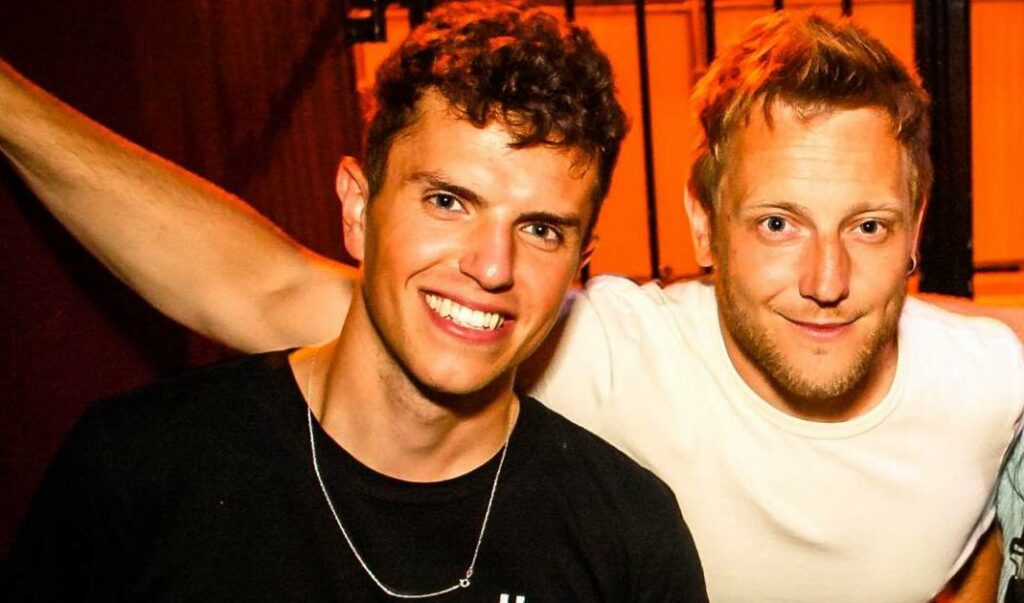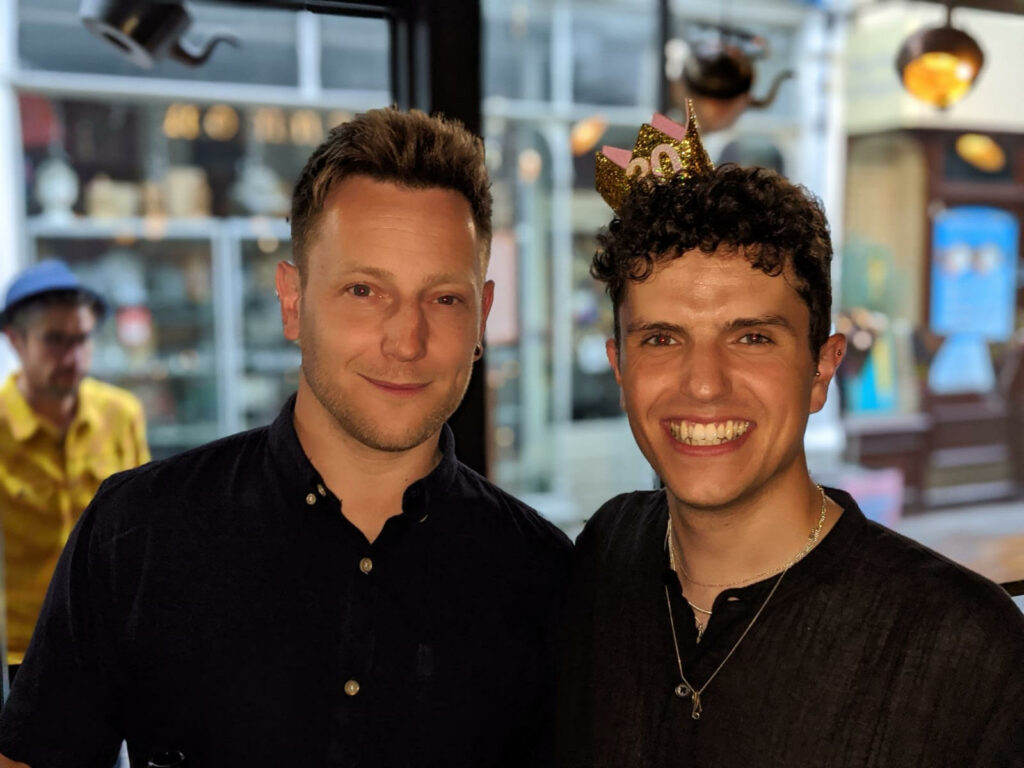Should straight people be allowed in LGBTQ bars? It’s still a pressing question
Opinion: "Check your privilege at the door - or better yet, keep out" says writer Damian Kerlin of straight people in queer spaces.

I often go to “straight” bars with my friends. But there’s something quite special about being able to hold my boyfriend’s hand or kiss him without double takes from passers-by.
They’re places where I and the rest of my LGBTQ peers fall in love, make friends, share experiences, and celebrate our heritage and culture. That’s why queer spaces are important to the LGBTQ community.
While establishments that catered to queer people existed before this, gay bars and clubs as we know them first began popping up in the 20th century. They were sanctuaries from oppressive policing and heteronormative culture. They were one of the only places LGBTQ people could go and express their sexuality and gender identity without (much) fear of persecution.
But there is no such thing as ‘safe’, as our community discovered from the raid at the Stonewall Inn (1969), the Upstairs Lounge Fire (1973), the Admiral Duncan (1999) bombing, and, of course, the mass shooting at Pulse Orlando (2016). Most recently there was Club Q shooting in Colorado, where a gunman opened fire killing five people and leaving 22 others injured. Anderson Lee Aldrich faces multiple charges including murder, hate crimes, and assault. Aldrich is non-binary and uses they/they pronouns, according to defence court filings.
Could this last incident be an extreme example of the destruction which internalised anti-LGBTQ prejudice can cause? As noted by the liberal Christian pastor John Pavlovitz: “You can’t indoctrinate someone into being LGBTQ. You can however, indoctrinate someone into irrationally fearing and hating people for their gender identity and sexual orientation.”
Sadly, this is not limited to people outside the LGBTQ+ community. Self-loathing by LGBTQ+ people can be the direct result of absorbing external messages of exclusion, prejudice, and hatred. Such messages, most notably cis-hetero politicians and media figures, set up our community to be hated and feared to progress the ambitions of others.

It is therefore doubly important that those of us who openly identify as LGBTQ+ do our utmost to promote open and inclusive thinking inside and outside of our community.
We need to reclaim our spaces to cement our identity and what that means in 2023. We need to educate young people, correct right-wing rhetoric and misinformation, and protect those living in fear. Our spaces should be places of solidarity.
Club Q hammers home their importance. We need everyone to know that no one should hate themselves for being LGBTQ. Club Q is a sickening reminder of what can happen otherwise.
“Our history started in these spaces. Before them, we had backrooms. Before backrooms, we had closets“
These spaces also give people who can’t be ‘out’ publicly, for whatever reason, somewhere they can truly be themselves. They’re places where trans and gender non-conforming folk should feel physically safe and recognised, away from a world that isn’t always so accepting.
When straight people come into our spaces, they bring the outside world with them. This means we go back to monitoring the way we behave in the very spaces which are meant to be ours.
Putting it politely, straights, you are a guest. There are cultural zones for certain demographics that are intentionally exclusionary, not out of hate, fear, or prejudice, but because everyone deserves space.
You must respect it.
If you don’t like this, go somewhere else. You have more options. Queer people don’t have that.
We are strangers in the world. For some, our venues are a lifeline. And it’s the only time in their lives they don’t feel like some threatened, invisible minority.
Everyone is allowed to seek a safe space and should be able to. And you’re not allowed to disrespect or threaten spaces you don’t like. Our community’s first rallies and marches were organised on the very bar stools you might frequent.
Our history belongs in these spaces. Before them, we had backrooms. Before backrooms, we had closets.
So, straight people, check your privilege at the door. Or better yet, keep out!
